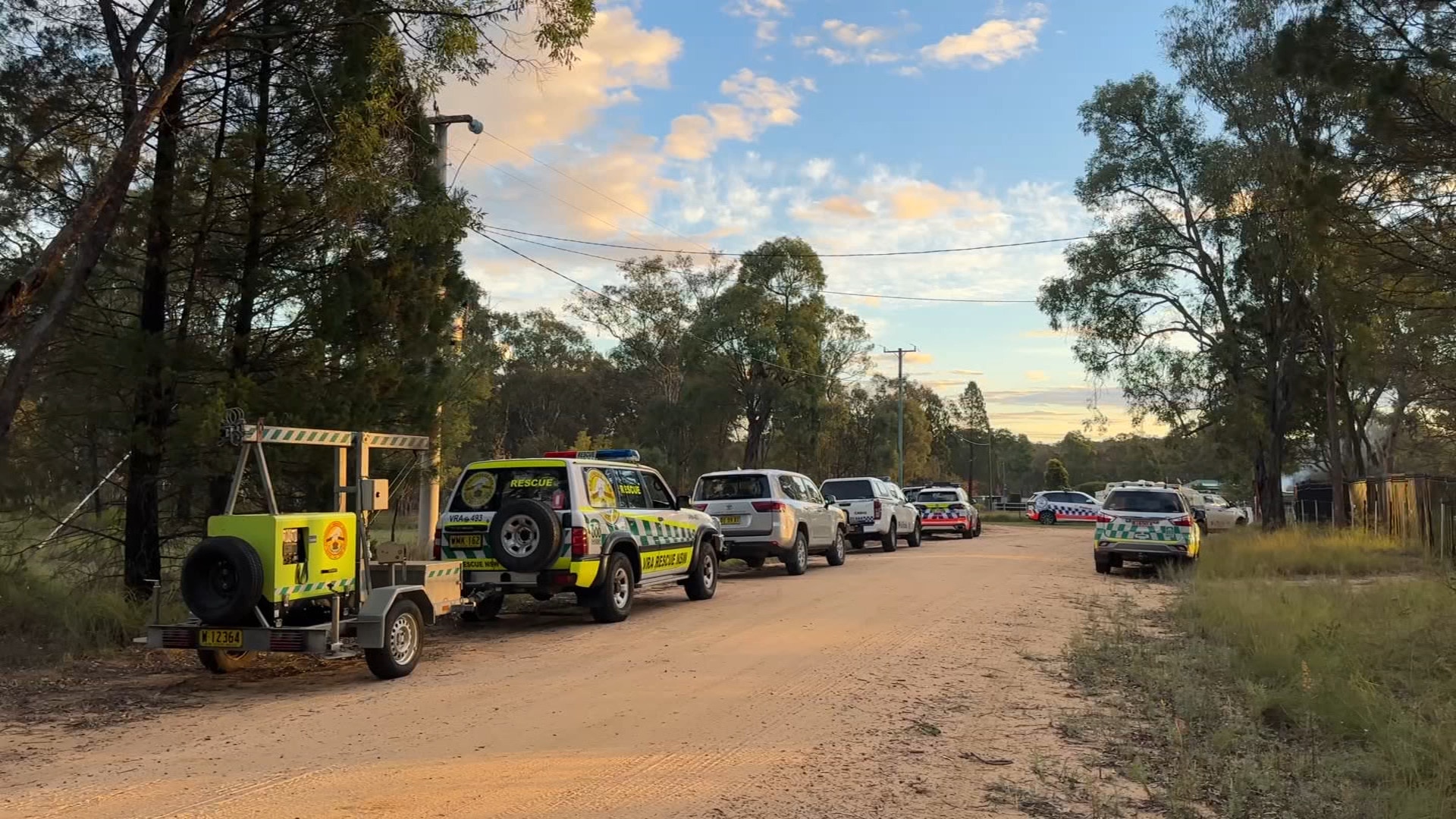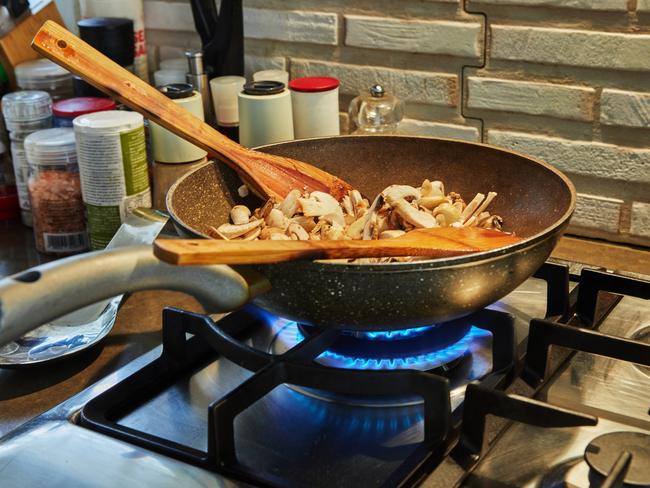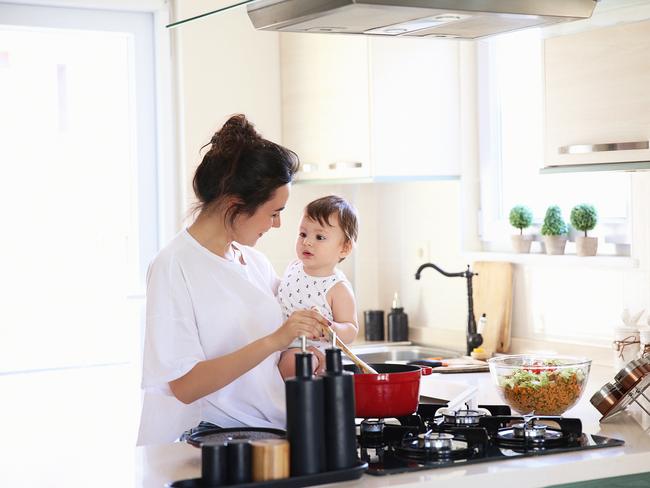Common household appliance raises kids’ cancer risk
The item raises the risk of cancer in kids to nearly twice as much as adults’ – and it’s in about five million Australian households.

Illness
Don't miss out on the headlines from Illness. Followed categories will be added to My News.
A new study has revealed that a common household appliance increases the risk of cancer in children nearly twice as much as it does in adults.
Benzene, a toxic substance present in petrol, cigarette smoke, and paint strippers, is recognised as a carcinogen, meaning it is a substance that can cause cancer.
Prolonged exposure to elevated benzene levels has been associated with leukaemia and various blood cancers.
Now, research from Stanford University has discovered that benzene-related cancer risks are significantly higher in children in homes with medium to high usage of gas stoves and inadequate ventilation.
“Natural gas and propane stoves emit benzene, a known carcinogen through combustion,” the authors of the study explained, according to The New York Post.


The study is set to be released in the July issue of the Journal of Hazardous Materials.
“To our knowledge, ours is the first study to assess the carcinogenic health risks from benzene formed during gas combustion from stoves, as well as leukaemia cases attributable to gas stove use,” they continued.
Researchers conducted simulations of various cooking scenarios that included different burner intensities and oven temperatures, with minimal or no ventilation.
They found that when there is no ventilation, benzene exposure is highest in the kitchens and living rooms of smaller apartments, followed by manufactured homes, attached homes, and detached homes.
The heightened risks in bedrooms were especially concerning, as this is where people usually spend the most time.
Their analysis also indicated that children’s cancer risk from gas stove exposure is 1.85 times greater than that of adults.

The researchers noted that children typically have a faster breathing rate and inhale more air — consequently more pollutants — compared to their smaller body sizes.
“Since there is no safe limit for benzene’s carcinogenic effects, it is crucial to further evaluate the health risks associated with these effects,” the study stated.
Ventilation plays a crucial role in lowering benzene concentrations, so the researchers recommend opening windows and using high-quality outdoor vent hoods.
Homeowners may also consider switching to electric stoves.
“The study underscores the importance of addressing combustion-related indoor air pollutants to protect public health, particularly in households with limited ventilation,” it explained.

In recent years, gas stoves have faced criticism due to studies showing that they release pollutants such as nitrogen dioxide, carbon monoxide, benzene, and formaldehyde.
These emissions may cause asthma and could elevate the risk of heart disease and other health issues.
In Australia, there is no nationwide ban on gas stoves; however, some states have started to restrict or phase out gas connections in homes, partly due to environmental concerns and a push to reduce greenhouse gas emissions.
For example, the Victorian Government began phasing out new gas connections for new homes from January 2024, and the ACT did the same in December 2023.
Currently about five million households in Australia use gas, with the most gas use in homes and small businesses being in Victoria, New South Wales and the ACT.
More Coverage
Originally published as Common household appliance raises kids’ cancer risk





